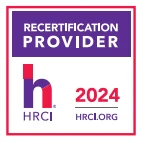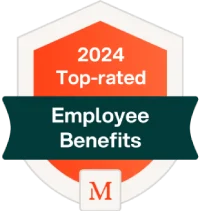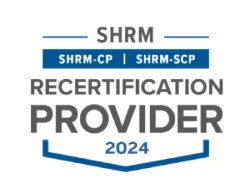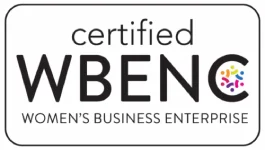President Biden Signs Inflation Reduction Act Into Law
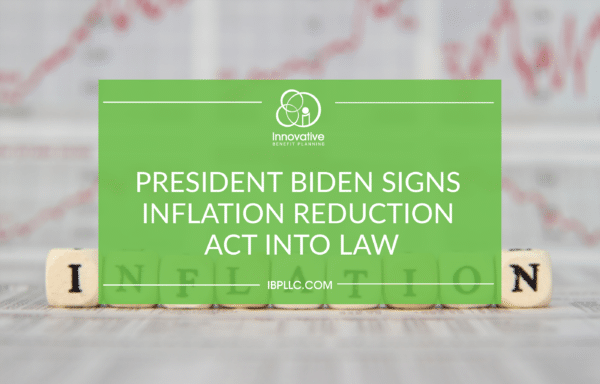
On August 16, 2022, President Biden signed the long-awaited Inflation Reduction Act which aims to reduce rising health care costs and greenhouse gas emissions, as well as raise taxes on corporations. The President’s signature comes after the House and Senate passed the bill last week along party lines following much debate and a deal negotiated between Senators Charles Schumer and Joe Manchin.
Within the $430 billion dollar legislation there are several health care related provisions which target the prescription drug costs under Medicare, plan subsidies through the Marketplace, and as a result, a likely expansion for individual coverage health reimbursement arrangements (ICHRAs).
A breakdown of the health care provisions is below. For a summary of provisions see here.
- Medicare Part D Prescription Drug coverage: Cost-sharing for insulin will be capped at $35 per month for Medicare Part D participants, and manufacturers will be required to pay Medicare a rebate if the average price of certain drugs increases faster than the rate of inflation beginning in 2023. Beginning in 2025, annual Part D out-of-pocket costs will be capped at $2,000. Additionally, effective in 2026, HHS will have the authority to negotiate specific Medicare Rx prices with manufacturers.
- High Deductible Health Plan (HDHP) Safe Harbor: Effective for plan years beginning after December 31, 2022, HDHPs will not lose their HDHP status and HSA eligibility for failing to have a deductible for certain insulin products. Previously if a HDHP provided insulin on a no or low deductible basis, they would run the risk of disqualification. This provision expands and codifies the previously released IRS guidance by amending Code Section 223.
- Premium Tax Credits: Rules for premium tax credits set forth under the American Rescue Plan Act (ARPA) will remain in place through 2025. Prior to APRA, premium tax credits through the ACA Marketplace were only available to individuals who earned between 100% and 400% of the federal poverty level (FPL); however, ARPA eliminated the upper income limit (400%) for eligibility for the tax credits in addition to increasing the tax credit itself by decreasing the percentage of income that must be contributed to Exchange coverage by the participant. The tax credit can be taken in advance and paid directly to the health insurance coverage provider to lower the initial costs of the insurance premium or credited through the individual’s annual tax filings. Regardless of the approach, the subsides are ultimately reconciled to address income changes that may impact eligibility during tax season. Under ARPA, Americans who would have to pay beyond 8.5% of their income for health coverage may qualify for subsidies.
- ICHRA: While not directly addressed by the legislation, an impact of the extension of the premium tax credit provisions coupled with the drastic decrease in the 2023 ACA affordability threshold percentage, group health plan sponsors may be turning to ICHRAs to address affordability concerns. An ICHRA would allow employees to purchase their own insurance on the Exchange while allowing employers to meet their affordability obligations under the ACA. For additional information on the ACA affordability threshold percentage for 2023 see here.
The direct impacts to employer-sponsored group health plans are not immediately clear; however, as further guidance continues to be released, employers may feel the ripple effects to their plans. We will continue to monitor for further updates and guidance in the coming months. The full Inflation Reduction Act can be found here.
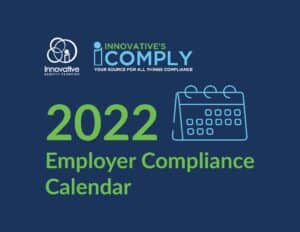
2022 Employer Compliance Calendar
Are you finding it difficult to keep up with the constant changes in the compliance landscape? We understand that HR professionals have other important items on their plate so we have put together a 17 page calendar that will insure employers are meeting deadlines to remain compliant in the workplace. Click below to download our calendar!
Categories
Archive
